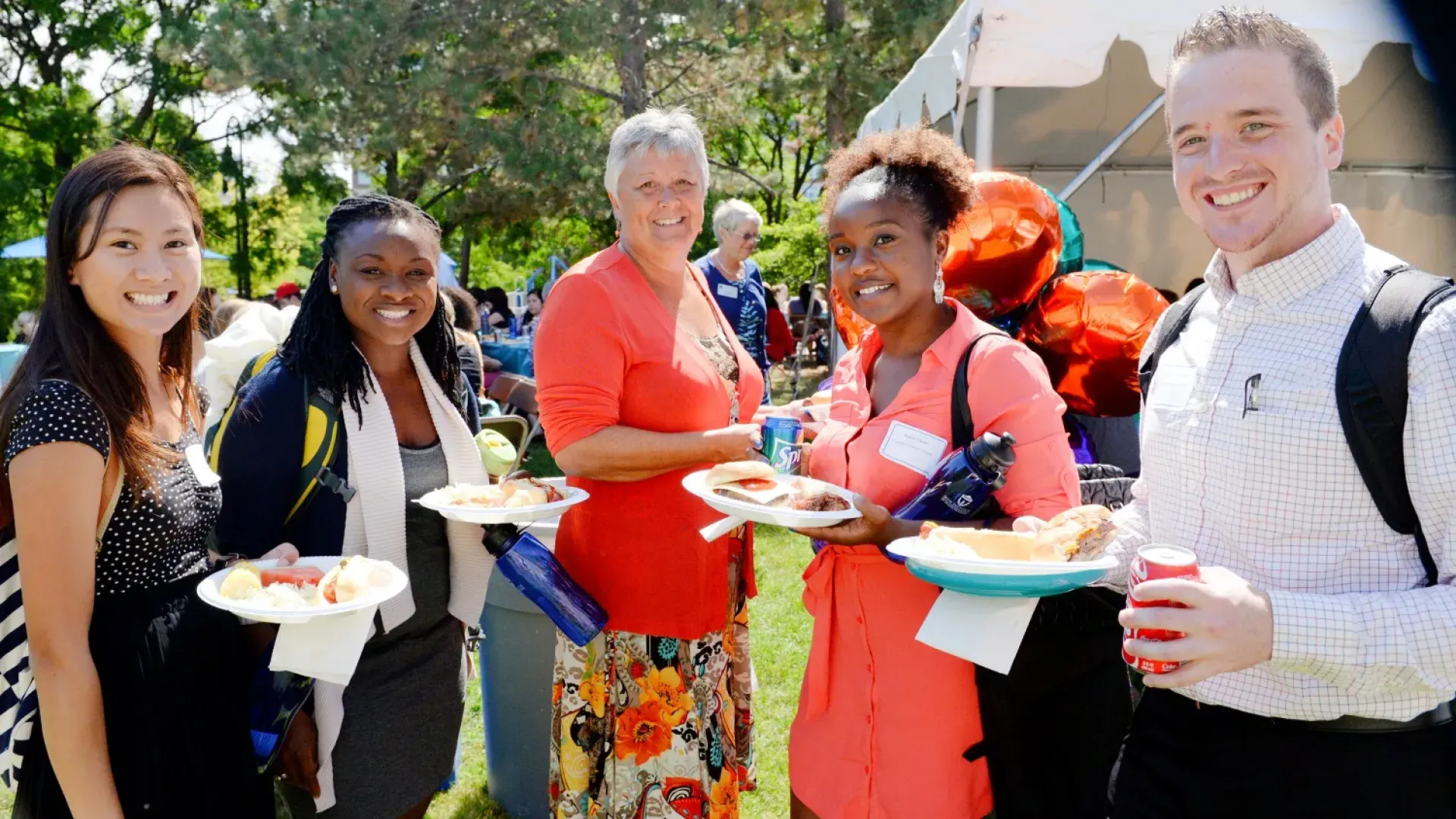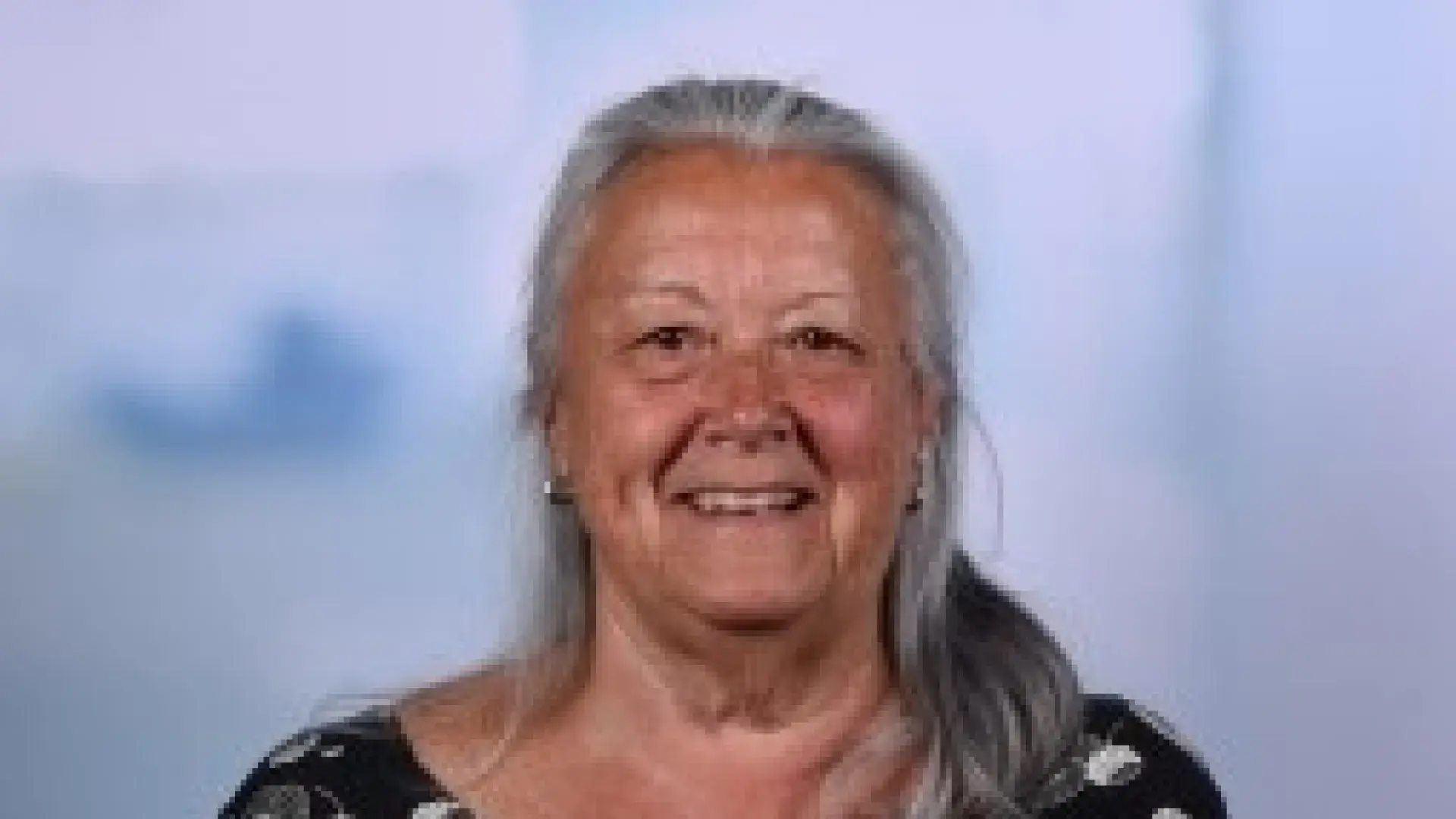
New ombudsperson will provide an impartial forum where students can discuss their concerns and issues.
The MGH Institute has added to its menu of providing students with the tools to successfully graduate by naming the school’s inaugural ombudsperson.
For Patricia Lussier-Duynstee, being tapped to take on the role is in many ways a continuation of what she did in her previous position as assistant dean for academic affairs in the School of Nursing. Focused on academic support services and processes, she would talk through students’ concerns about grades, issues that were bothering them, and even personal situations – all things that would prevent them from concentrating on their studies and clinical placements. She will take that same approach to students in all the IHP’s academic programs, using a request form to book students for virtual sessions.
“The idea of being an ombuds fits with what I really loved about my job as assistant dean because it has a lot of the same components,” said Dr. Lussier-Duynstee, who retired in 2020 with emerita status after an 18-year teaching career at the IHP. “Being an ombuds means that they have somebody they can talk to, someone who can really hear them. We can look at the process, talk about what happened and why it happened, and I can point them to other resources if they want to gain more information. And they can come to me without worrying because it’s completely confidential.”
Jack Gormley, dean of student services in the Office of Student Affairs and Services (OSAS), noted that while faculty advisors, academic support staff, and staff in the Office of Justice, Equity, Diversity, and Inclusion and the Student Assistant Program often can – and do – assist students, they often don’t have the conflict resolution skills students need to best navigate thorny issues.
“It’s a very specialized skill set, and you really need someone who is able to proactively decelerate a situation and calmy redirect things towards solving an issue,” said Dr. Gormley. “We envision the ombuds program to be one more extension of support for students who are in a crisis or just not sure what to do, where they can be very candid. And by not being aligned with any one department or program, Pat can provide them with independent and impartial guidance and advice.”

